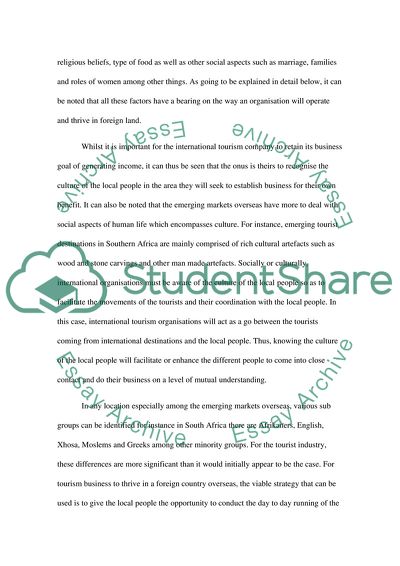Cite this document
(International Tourism Management Coursework Example | Topics and Well Written Essays - 2000 words, n.d.)
International Tourism Management Coursework Example | Topics and Well Written Essays - 2000 words. Retrieved from https://studentshare.org/tourism/1572896-international-tourism-management
International Tourism Management Coursework Example | Topics and Well Written Essays - 2000 words. Retrieved from https://studentshare.org/tourism/1572896-international-tourism-management
(International Tourism Management Coursework Example | Topics and Well Written Essays - 2000 Words)
International Tourism Management Coursework Example | Topics and Well Written Essays - 2000 Words. https://studentshare.org/tourism/1572896-international-tourism-management.
International Tourism Management Coursework Example | Topics and Well Written Essays - 2000 Words. https://studentshare.org/tourism/1572896-international-tourism-management.
“International Tourism Management Coursework Example | Topics and Well Written Essays - 2000 Words”, n.d. https://studentshare.org/tourism/1572896-international-tourism-management.


